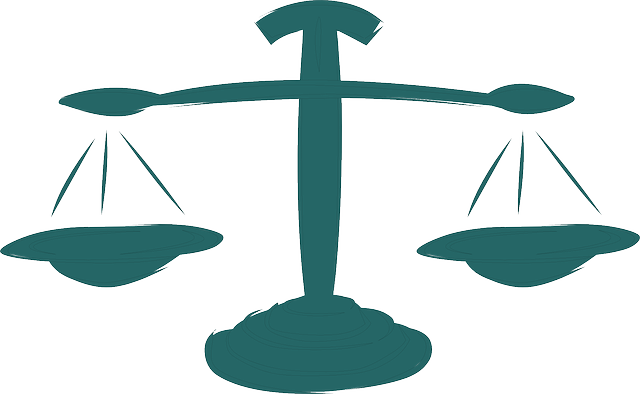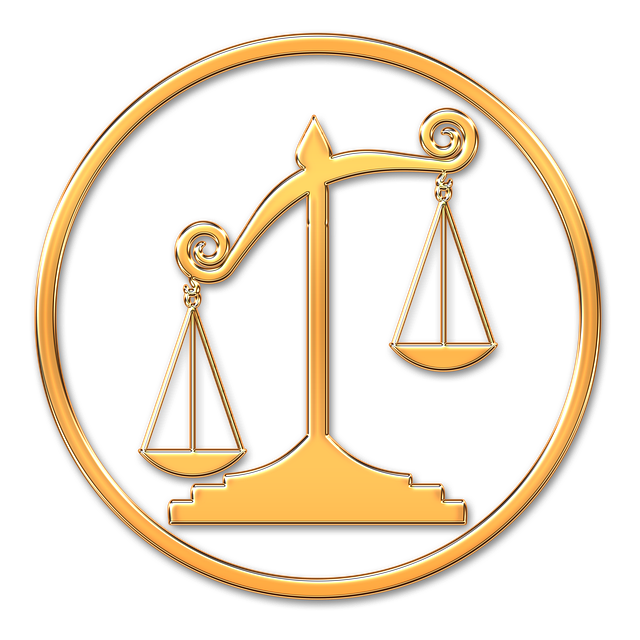Regulatory compliance is paramount for modern businesses, demanding strategic preparation for administrative law hearings. Key strategies include employee training, robust internal controls, meticulous record-keeping, and staying informed about industry trends. Effective hearing preparation involves jurisdictional legal research, crafting a hearing plan, organizing evidence, and rehearsing arguments. Success hinges on structured case files, clear narratives, visual aids, mock hearings, and post-hearing follow-ups to secure favorable outcomes in corporate and individual cases, especially high-stakes white-collar crime matters. "Preparation Tips for Administrative Law Hearings" are essential for navigating complex regulatory compliance issues.
Navigating regulatory compliance issues can be complex, but understanding the process is key to success. This comprehensive guide provides an in-depth look at every step of the journey, from preparing for administrative law hearings to documenting and presenting your case effectively. Discover valuable preparation tips tailored to help you excel in these crucial legal proceedings. By following these strategies, you’ll enhance your chances of a favorable outcome and ensure compliance with regulatory standards.
- Understanding Regulatory Compliance Issues: A Comprehensive Overview
- Preparation Strategies for Administrative Law Hearings: Key Steps
- Documenting and Presenting Your Case Effectively
- Post-Hearing Follow-ups: Ensuring a Successful Outcome
Understanding Regulatory Compliance Issues: A Comprehensive Overview

Regulatory compliance issues are an integral part of doing business in today’s highly regulated environment. Understanding these issues involves navigating a complex web of laws, regulations, and guidelines that govern various aspects of an organization’s operations. From environmental standards to data privacy rules, companies must ensure they adhere to these legal frameworks to avoid hefty fines, damage to reputation, and potential jail time for executives.
Preparation tips for administrative law hearings are crucial in addressing these compliance challenges. Organizations should invest in comprehensive training programs to educate employees on relevant regulations, establish robust internal controls, and maintain meticulous records. Moreover, staying informed about industry trends and changes in legislation can significantly contribute to achieving extraordinary results in regulatory matters. This proactive approach, coupled with effective communication strategies, can help businesses mitigate risks and successfully defend against potential accusations, especially in high-stakes cases involving white-collar and economic crimes, where jury trials may be a possibility.
Preparation Strategies for Administrative Law Hearings: Key Steps

Preparing for an Administrative Law Hearing is a strategic process designed to enhance your chances of achieving favorable outcomes, especially in complex cases involving corporate and individual clients. Effective preparation involves several key steps that can significantly impact the overall success of your defense strategy. Firstly, thorough research on relevant laws, regulations, and precedents specific to your jurisdiction is crucial. Understanding the legal framework ensures your arguments are well-grounded and aligned with current legal trends.
Additionally, crafting a comprehensive hearing plan is essential. This includes organizing evidence, identifying key witnesses, and anticipating potential questions or challenges from the administrative body or opposing counsel. Rehearsing opening and closing statements will help you articulate your position clearly and persuasively. Remember, preparation isn’t just about knowing the law; it’s also about presenting a coherent and compelling case for his clients, aiming to win challenging defense verdicts.
Documenting and Presenting Your Case Effectively

Effective documentation and presentation are key to navigating regulatory compliance issues and achieving favorable outcomes in administrative law hearings. When preparing for such hearings, especially for complex cases involving corporate and individual clients, it’s crucial to organize your evidence meticulously. Create a structured case file, ensuring all relevant documents are accurately labeled and easily accessible. This includes contracts, correspondence, financial records, and any regulatory filings that form the basis of your defense.
The art of presenting your case lies in clear and concise communication. Develop a narrative that highlights the facts, explains the legal context, and demonstrates how you’ve addressed the regulatory violations. Use visual aids, such as charts or diagrams, to illustrate complex matters. Ensure your arguments are well-supported by legal precedents and expert opinions. Practicing your presentation with a mock hearing can help refine your approach, allowing for confident and persuasive advocacy. A winning challenging defense verdict often hinges on thorough preparation and effective communication during the presentation stage.
Post-Hearing Follow-ups: Ensuring a Successful Outcome

After an Administrative Law Hearing, the true test of success lies in the post-hearing follow-ups. These crucial steps can significantly impact the outcome for both corporate and individual clients. One key tip is to maintain open lines of communication with all involved parties, ensuring everyone is on the same page throughout the process. This includes promptly sharing relevant documents, updates, and any feedback received from regulatory bodies.
Additionally, it’s essential to provide comprehensive post-hearing reports to clients, outlining the hearing’s progress and the potential implications for their case. These preparation tips for administrative law hearings aim to achieve extraordinary results by demonstrating a thorough understanding of the legal landscape and effectively navigating the post-hearing phase across the country.
Navigating regulatory compliance issues can be complex, but with the right preparation, you can confidently face administrative law hearings. By understanding the basics of these issues, employing strategic preparation tips like those outlined in this article—including effective case documentation and post-hearing follow-ups—you’ll increase your chances of a successful outcome. Remember that thoroughness and organization are key to presenting a compelling case and ensuring compliance with regulatory standards.






